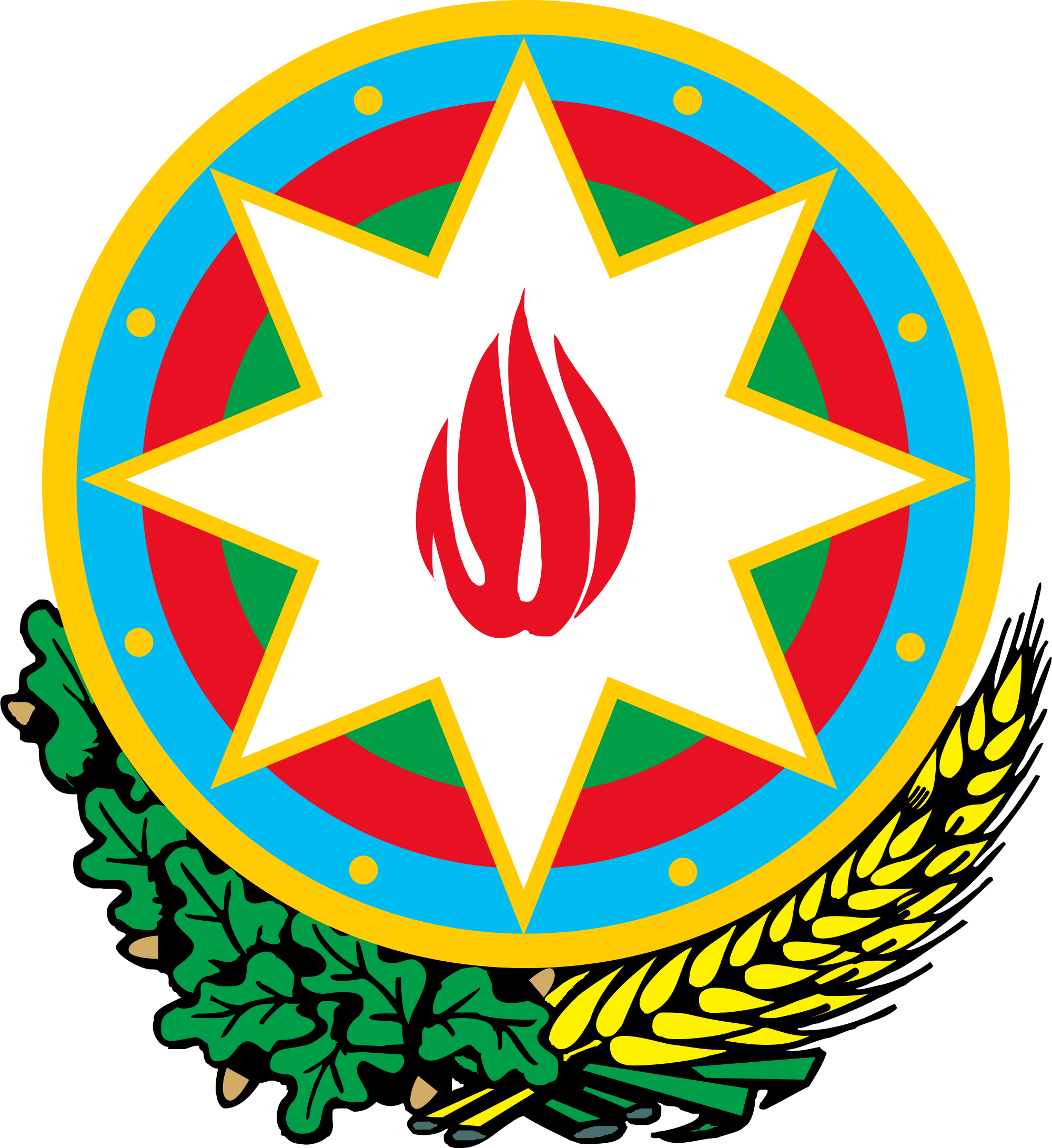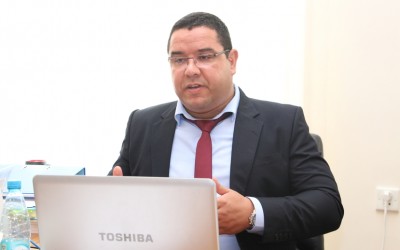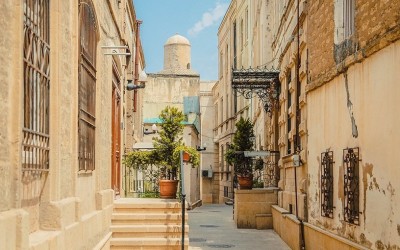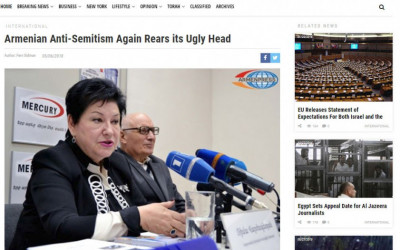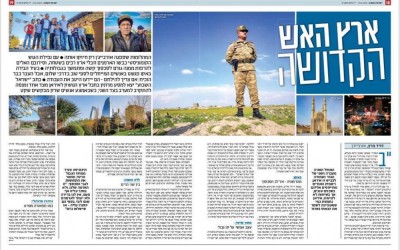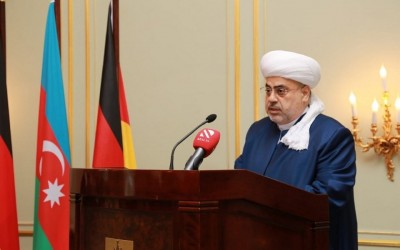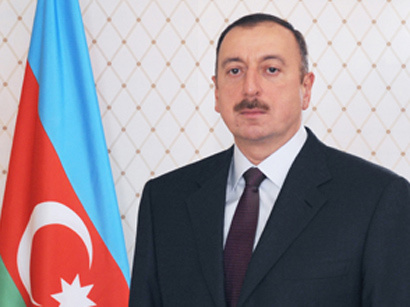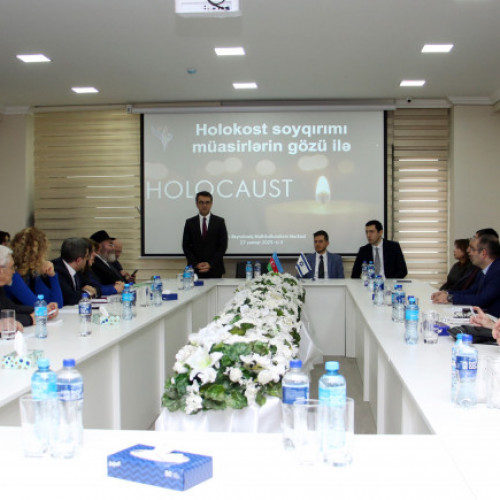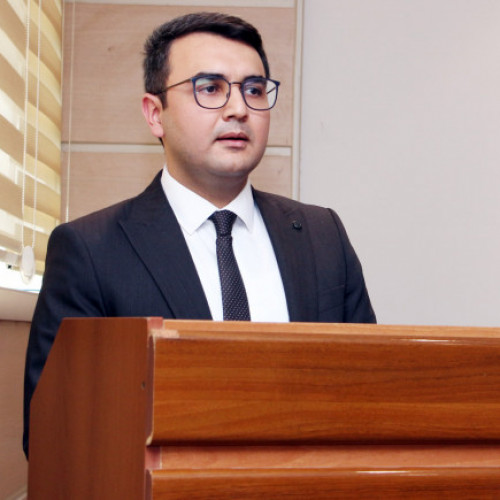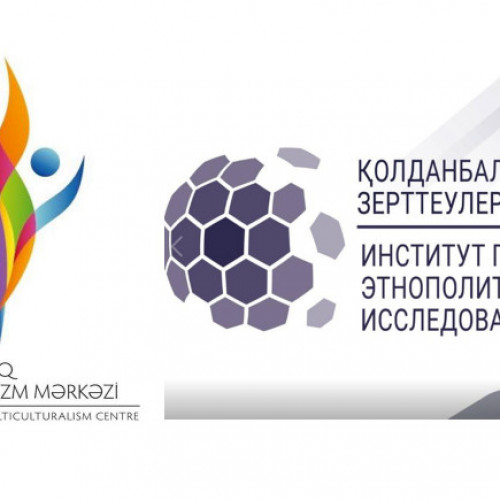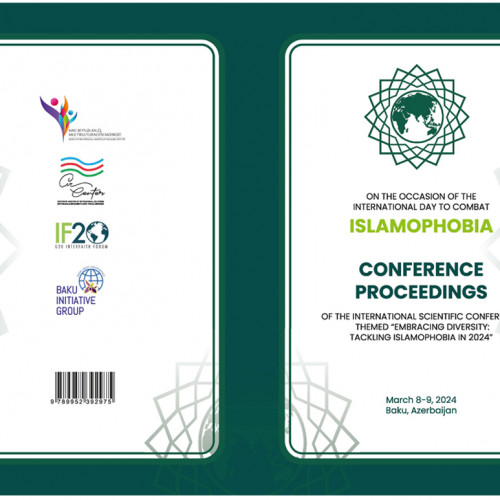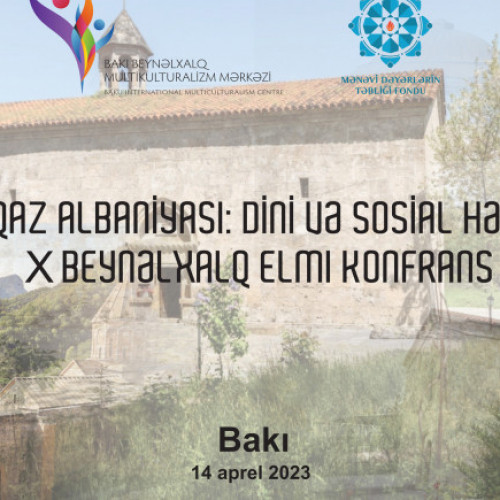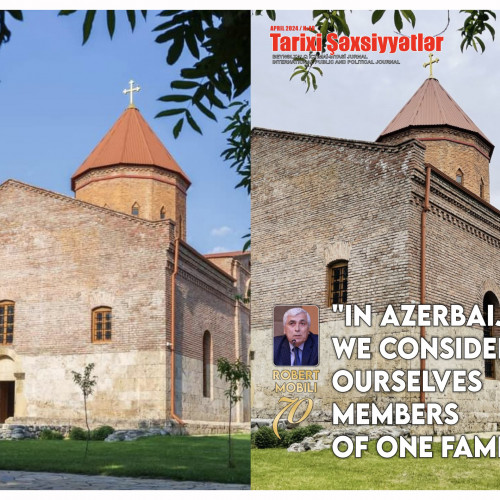The Newspaper “L’Opinione”: Azerbaijan is One of the Rare States Adopting Multiculturalism as the State Policy
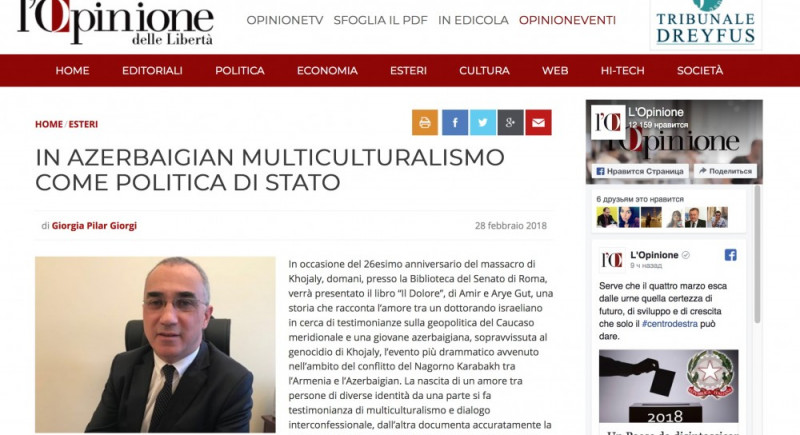

The prestigious Italian newspaper “L’Opinione” has published the interview of the Head of the Department of Interethnic Relations, Multiculturalism and Religious Issues of the Presidential Administration of the Republic of Azerbaijan Etibar Najafov who is on a visit to Rome.
The author of the interview, researcher-journalist Georgia Pilar Ciorici stated that in the frames of his visit to Italy Etibar Najafov will make a speech during the presentation of the novel “Pain” (II Dolore) written by the Head of the delegation of International Centre of Multiculturalism in Israel Arye Qut and his father Amir Gut and published in Italy; as well as meet with the leaders of the official agencies of Italy and different religious community organizations and deliver lectures on multiculturalism at the universitites. The interview is presented to the readers’ attention below:
- There are ethnic and religious conflicts in a number of countries of the world at present time. There is no confrontation on the above-mentioned grounds in the Republic of Azerbaijan with ethnic and religious diversity. What is the reason for that?
- Actually, Azerbaijan is a country with ethnic, religious arnd cultural diversity. Ethnic-cultural diversity is of objective nature as an outcome of the historical process. By characterizing the peoples’ ethnic-cultural values and cultures, it constitutes the basis of their worldoutlooks and activities and plays a positive role in their life. However, in case when ethnic-cultural diversity is not regulated by the state or not regulated correctly, it results in serious problems in different spheres of the development of society, even in conflicts. That is why, the correct regulation of this diversity is of great practical importance for every multicultural state.
Unlike many countries, the Republic of Azerbaijan regulates the ethnic-cultural diversity in society through the policy of multiculturalism, not through the policy of assimilation or isolation. Meanwhile, the policy of multiculturalism guarantees the protection of the ethnic-cultural values of the national minorities. By generating the same kind of conditions for the development of ethnic-cultural values of both the titular ethnic group and the national minorities, it lays foundations for the interaction of their cultures which consolidates the processes of integration in society.
Azerbaijan is one of the rare states adopting multiculturalism as a state policy. Besides, unlike the other states adopting multiculturalism as a state policy, the ethnic-cultural diversity in Azerbaijan is regulated by the policy of multiculturalism successfully and efficiently.
- However, as it is known, the leaders of some Western countries pointed out the failure of the policy of multiculturalism. What are the reasons for your country’s successful implementation of this policy?
- It is true. Although the policy of multiculturalism yielded some positive results in the Western countries in the first years, it resulted in the escalation of conflicts on ethnic-religious basis in the subsequent period. Consequently, the heads of the leading European countries (Great Britain, France, Germany) indicated that the policy of multiculturalism has failed due to its inefficiency in the modern period.
There are objective and subjective reasons for the successful implementation of the policy of multiculturalism in Azerbaijan. The objective reasons imply, first of all, the historical and geographical factors. Historically, Azerbaijan has been a multicultural state. In all the periods of Azerbaijan’s history the representatives of different nationalities peacefully co-existed in its territory. The presence of the favourable multicultural ambiance in Azerbaijan has resulted in the mass inflow of the representatives of the persecuted nations here in different periods of history. For example, approximately 2600 years ago, the Jews persecuted by the Babylonian ruler left Israel for Azerbaijan to find refuge here.
And geographically, Azerbaijan is an area where various cultures and civilizations intersect. Meeting the representatives of different ethnic, religious and cultural groups the peoples of the countries located in such territories have developed economic-commercial and cultural relations with them which, in its turn, has generated favourable condtions for the formation of the multicultural environment in such territories.
The subjective reasons for the policy of multiculturalism in Azerbaijan imply the state figures ruling the country and the Azerbaijani people. At different stages of Azerbaijan’s history the heads of the country have regulated the ethnic-cultural diversity in soceity in such a way that there happened no serious ethnic and religious conflicts here. The multicultural ambiance in Azerbaijan has further strengthened since the country’s independence. For example, in 1918 there were representatives of the national minorities living in the country who were members of the Parliament of the People’s Republic of Azerbaijan, the first democratic republic in the entire Muslim East or appointed a minister within the government.
The foundations of the policy of multiculturalism in Azerbaijan were laid by the National Leader Heydar Aliyev. At present this policy is being pursued successfully by the President of the Republic of Azerbaijan Ilham Aliyev. In the period when the Western countries announce the failure of the policy of multiculturalism President Ilham Aliyev points out discrimination, racism, xenophobia, Islamophobia, antisemitism as alternatives to multiculturalism in the modern world, develops multiculturalism in the new historical context and presents it as the streamline of the country’s internal and foreign policies.
- How does multiculturalism manifest itself as the streamline of the internal and foreign policy of the Republic of Azerbaijan?
- As the streamline of Azerbaijan’s internal policy, multiculturalism manifests itself in the absence of any ethnic-religious confrontation in our country. The ethnic-cultural diversities within the country have been regulated through the policy of multiculturalism guaranteeing the maintenance of the ethnic-cultural values of all the nationalities. This meets the norms and principles of a democratic society. Since, the maintenance of the ethnic-cultural values of the nations is part of the human rights.
Whereas, in international relations this policy is the favourable foundation for the comprehensive relations of Azerbaijan with all the countries which, in its turn, generates favourable conditions for the development of the intercultural and intercivilizational dialogue.
Our country has achieved great success in the promotion of the intercultural and intercivilizational dialogue. As one of the achievements one can mention “Baku process” which has lately entered the lexicon. “Baku process” is an initiative aimed at the development of the intercultural dialogue.
The initiative of “Baku process” was first made by the President of the country Ilham Aliyev in 2008. “Baku process” created as a regional initiative started to turn into a global movement in 2010 as a result of President Ilham Aliyev’s efforts. In the frames of “Baku process” Azerbaijan has hosted the Summit of the World Religous Leaders (2010), World Humanitarian Forums (2011, 2012, 2013, 2014 and 2016), World Forums on Intercultural Dialogue (2011, 2013, 2015 və 2017) and the 7th Global Forum of the United Nations Aliance of Civilizations (2016).
Please visit the following link for the details of the interview:
Запись The Newspaper “L’Opinione”: Azerbaijan is One of the Rare States Adopting Multiculturalism as the State Policy впервые появилась Baku International Multiculturalism Centre.

